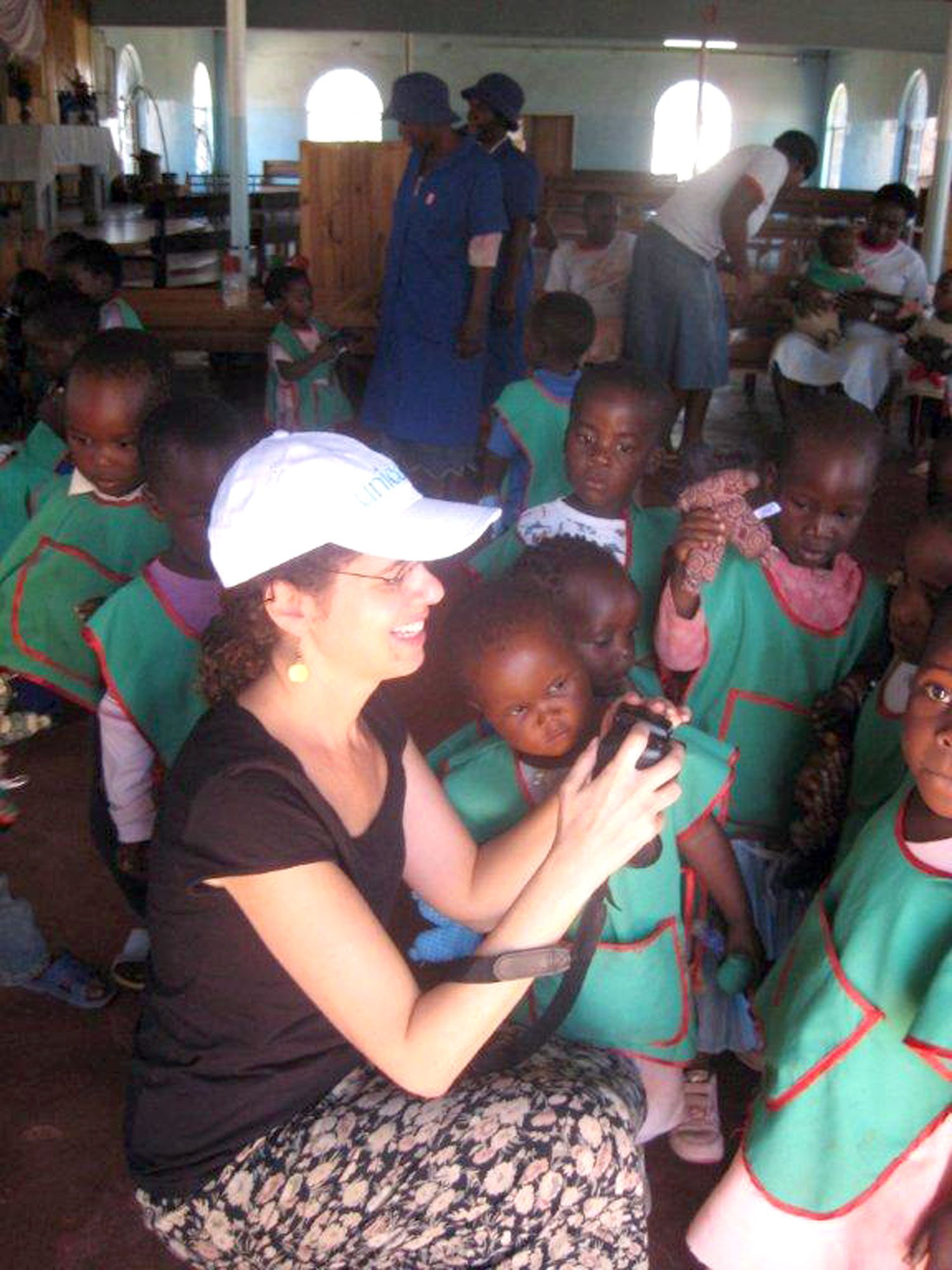LYNN — Judith Sherman’s more-than-half century career fighting AIDS and promoting HIV awareness in Africa got its start at Harrington Elementary School.
Sherman spent her childhood on Nahant Place after her family moved from Rhode Island to Lynn in 1969. She credited her life’s work to the Harrington teachers who engaged their classes in geography games and spread maps for students to pore over.
“I said, ‘One day I want to go to those places,'” she said.
As chief of HIV and AIDS at United Nations Children’s Fund’s (UNICEF) Malawi, Sherman has experienced the triumphs and tragedies of trying to improve health care in a part of southeast Africa where providing basic transportation and clean water are significant challenges.
She jumped from her role as disease fighter to disaster relief worker earlier this month when a cyclone caused extensive damage in Malawi and neighboring Zimbabwe.
More than 1.8 million people have been displaced or affected by flooding from the cyclone and are in dire need of food, water, and shelter.
“People were living on such a margin already,” she said.
Raised in Lynn
Sherman’s mother, Laura, taught in Lynn public schools, including Ingalls, and her father, Seymour, was active in city civic life, including service on the public library Board of Trustees.
“Lynn was very much a part of their lives,” Sherman said.
An English High School Class of 1978 member, she graduated from Georgetown University’s School of Foreign Service and earned a master’s degree in business administration from George Washington University. Sherman and her husband Peter were both working in public health in 1992 when he was offered a job in Zimbabwe.
“We put our things in storage and the two years we thought we would be away turned into 28,” she said.
Fighting HIV and AIDS
The AIDS crisis in the part of Africa where Sherman works peaked in the late 1990s.
“We saw rates of the disease as high as 30 percent among pregnant women,” Sherman said.
Her public health work in Africa turned into a dream come true in 2008 when she joined UNICEF. Her current responsibilities involve coordinating efforts by HIV specialists and working with government health officials to attack and overcome challenges blocking efforts to reduce the incidence of AIDS and HIV exposure.
Transportation is a big challenge with inadequate roads. A drone project launched in 2016 is beginning to speed up the delivery of laboratory samples for testing and medicine to health clinics.
Sherman said 8.8 percent of all adults in Malawi live with HIV, down from 12 percent.
“It’s still high but we are seeing remarkable progress in keeping people on treatment but it’s constant work,” Sherman said.
Half of Malawi’s population is under 18 years old and much of Sherman’s current work is focused on linking HIV-exposed children to nutrition treatment and HIV testing.
Sherman also helps to coordinate the development of sexual and reproductive health programs for adolescents.
In the course of working in Malawi and Zimbabwe as well as Morocco and Guinea, Sherman and her family have fallen in love with Africa.
“Malawi is the warm heart of Africa. The people go out of their way to be so welcoming,” she said.
The mother of two daughters hasn’t been back to Lynn in several years but that could change later this year. Sherman’s husband is planning to retire and they are contemplating a return to the U.S.

